Note to the Reader on Text Size Dont worry. You didnt have to tell me about the bulge in the circumference. We recommend that you adjust your device settings so that all of the above text fits on one line; this will ensure that the lines match the authors intent. If you view the text at a larger than optimal type size, some line breaks will be inserted by the device. If this occurs, the turn of the line will be marked with a small indent.
Books by Fanny Howe POETRY Eggs Poem from a Single Pallet Robeson Street The Vineyard Introduction to the World The Quietist The End OClock One Crossed Out Selected Poems Gone This of Thee On the Ground The Lyrics Come and See Second Childhood FICTION Forty Whacks First Marriage Bronte Wilde Holy Smoke In the Middle of Nowhere The Deep North Famous Questions Saving History Nod Indivisible Economics Radical Love: Five Novels The Lives of a Spirit / Glasstown: Where Something Got Broken What Did I Do Wrong? ESSAYS The Wedding Dress : Meditations on Word and Life The Winter Sun : Notes on a Vocation
Second Childhood
Fanny Howe

GRAYWOLF PRESS Copyright 2014 by Fanny Howe This publication is made possible, in part, by the voters of Minnesota through a Minnesota State Arts Board Operating Support grant, thanks to a legislative appropriation from the arts and cultural heritage fund, and through grants from the National Endowment for the Arts and the Wells Fargo Foundation Minnesota.
Significant support has also been provided by Target, the McKnight Foundation, Amazon.com, and other generous contributions from foundations, corporations, and individuals. To these organizations and individuals we offer our heartfelt thanks.  Published by Graywolf Press 250 Third Avenue North, Suite 600 Minneapolis, Minnesota 55401 All rights reserved. www.graywolfpress.org Published in the United States of America ISBN 978-1-55597-682-8 Ebook ISBN 978-1-55597-917-1 2 4 6 8 9 7 5 3 1 First Graywolf Printing, 2014 Library of Congress Control Number: 2013958013 Cover design: Kapo Ng Cover art: Maceo Senna Fear & hope areVision WM BLAKE
Published by Graywolf Press 250 Third Avenue North, Suite 600 Minneapolis, Minnesota 55401 All rights reserved. www.graywolfpress.org Published in the United States of America ISBN 978-1-55597-682-8 Ebook ISBN 978-1-55597-917-1 2 4 6 8 9 7 5 3 1 First Graywolf Printing, 2014 Library of Congress Control Number: 2013958013 Cover design: Kapo Ng Cover art: Maceo Senna Fear & hope areVision WM BLAKE
Second Childhood
For the Book
Yellow goblins and a god I can swallow. Eyes in the evergreens under ice. Interior monologue and some voice.
Weary fears, the usual trials and a place to surmise blessedness.
The Garden
Black winter gardens engraved at night keep soft frost on them to read the veins of our inner illustrators hand internally light with infant etching. Children booked on blizzard winds and then the picture is blown to yonder and out of ink: the black winter verses are buds and sticks.
Parkside
Stone walls and chalk scratches for different ages. None of us could be sure now how many we were or where. There were hurtful pebbles, cracked windows and bikes.
We cut the butter and the days bread evenly. We were children and a metal bed.  Twelve loaves and five thousand baskets. Five baskets, twelve pieces of dough. Twelve times five and butter for a multitude.
Twelve loaves and five thousand baskets. Five baskets, twelve pieces of dough. Twelve times five and butter for a multitude.
My Stones
A pebbled island is a kind of barge: seaweed blackened another glacial strand.
My Stones
A pebbled island is a kind of barge: seaweed blackened another glacial strand.
White quartz. Some green mermaids tears. (A cask of bottles shattered.) That home of mine lost four inches to erosion and great white sharks but we kept floating. I even found bedside stones to play with in the night. A colorful set to pretend I could now see Ireland from Boston.
Evening
Christmas is for children on an English hill.
Simple, dismal, and blissful, a few little balls and crystal. Dark by 4 p.m. but you can ride your scooter up the hill and down in the arctic rain each drop a dimple on a and a silver handle in a drain and a boy can stand beside your hand at the window of a store full of cribs and tinsel before an icon of the infant with the news rolled in his hand.
Xing
Odense is in Denmark and where are we now? In a flying sleigh en route to Odessa. The Black Sea is steaming below. We sweep like snow-crystals every which way.
We who? My baby and me. Off to the left, the sky is fleece. In our warm sleigh and north of Norway, away, away, what fun we are having! More snow coming, more souls. Baby lashes the dogs with a strand of her hair. Her round face is circled with ermine.
Between Delays
Youre like someone crossing a border daily a person who is to itself unknown.
Youre like a fragment that cant find what has lost it or illuminate whats going on or what its seeing through. Are we a child or a name? John, John, John and John, youre all so far from me. Each like a walking stick inert until picked up. A person, the first I with few verbs left. Vertical even when you laugh.
For Miles
Sunset in DC comes at 4:56.
This is nearly the same time as sunset in LA when the El Royale sign lights up. Sunset in Shannon comes several minutes earlier in the day. Sunsets in Hong Kong and Havana are just about the same but far away. Sunset in Chile and sunset in New Zealand are only six minutes apart on different days. The length of today in Boston is nine hours and fifty-one minutes. The length of today in DC is ten hours and seven minutes.
I knew there was a difference between cities. Dont worry. You didnt have to tell me about the bulge in the circumference. If the light is shining in the House, Congress is still in session. Of course the shape of earth is an oblate spheroid wider in the middle by very few miles. Even here on 21st Street, I can feel the sun moving in Vancouver.
There are twelve hours of light on one day in October. I only needed to exist to know that the sun turns around the earth and everything else at the center of the universe.
Loneliness
Loneliness is not an accident or a choice. Its an uninvited and uncreated companion. It slips in beside you when you are not aware that a choice you are making will have consequences. It does you no good even though its like one of the elements in the world that you cannot exist without.
It takes your hand and walks with you. It lies down with you. It sits beside you. Its as dark as a shadow but it has substance that is familiar. It swims with you and swings around on stools. It boards the ferry and leans on the motel desk.
Nothing great happens as a result of loneliness. Your character flaws remain in place. You still stop in with friends and have wonderful hours among them, but you must run as soon as you hear it calling. It does call. And you climb the stairs obediently, pushing aside books and notes to let it know that you have returned to it, all is well. If you dont answer its call, you sense that it will sink towards a deep gravity and adopt a limp.
From loneliness you learn very little. It pulls you back, it pulls you down. Its the manifestation of a vow never made but kept: I will go home now and forever in solitude. And after that loneliness will accompany you to every airport, train station, bus depot, caf, cinema, and onto airplanes and into cars, strange rooms and offices, classrooms and libraries, and it will hang near your hand like a habit. But it isnt a habit and no one can see it. Its your obligation, and your companion warms itself against you.
You are faithful to it because it was the only vow you made finally, when it was unnecessary. If you figured out why you chose it, years later, would you ask it to go? How would you replace it? No, saying good-bye would be too embarrassing. Why? First you might cry. Because shame and loneliness are almost one. Shame at existing in the first place. Shame at being visible, taking up space, breathing some of the sky, sleeping in a whole bed, asking for a share.
Next page
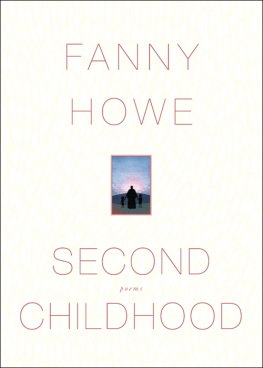
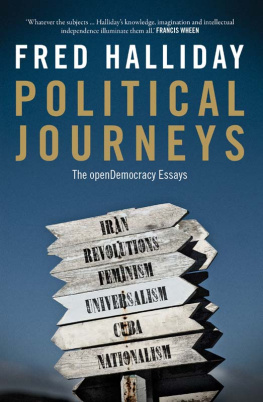
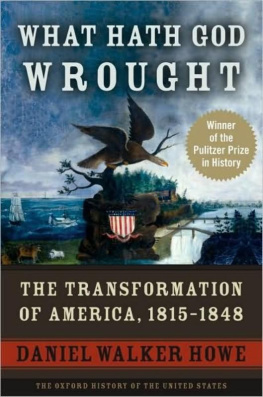
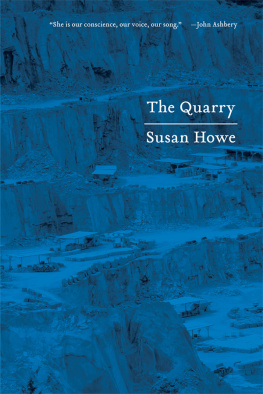
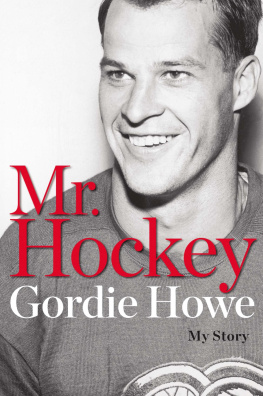
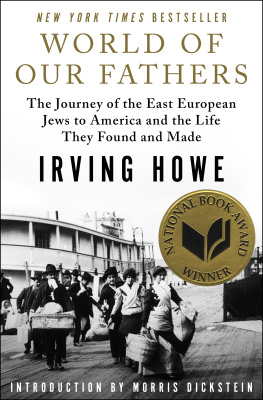
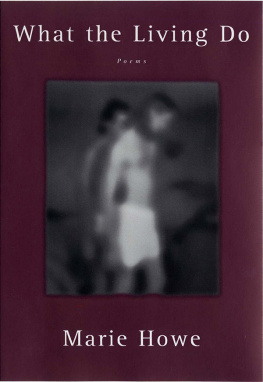
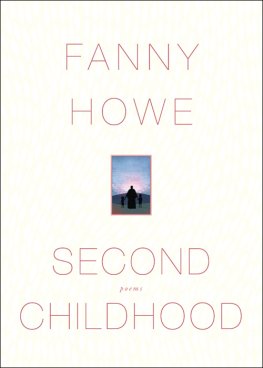
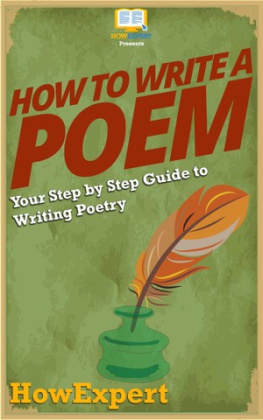
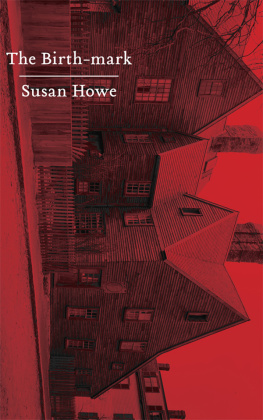


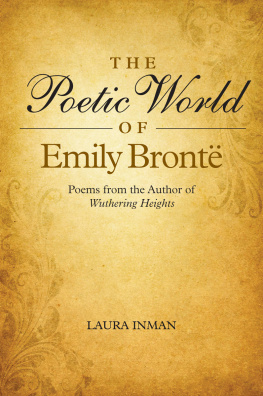



 GRAYWOLF PRESS Copyright 2014 by Fanny Howe This publication is made possible, in part, by the voters of Minnesota through a Minnesota State Arts Board Operating Support grant, thanks to a legislative appropriation from the arts and cultural heritage fund, and through grants from the National Endowment for the Arts and the Wells Fargo Foundation Minnesota.
GRAYWOLF PRESS Copyright 2014 by Fanny Howe This publication is made possible, in part, by the voters of Minnesota through a Minnesota State Arts Board Operating Support grant, thanks to a legislative appropriation from the arts and cultural heritage fund, and through grants from the National Endowment for the Arts and the Wells Fargo Foundation Minnesota.  Published by Graywolf Press 250 Third Avenue North, Suite 600 Minneapolis, Minnesota 55401 All rights reserved. www.graywolfpress.org Published in the United States of America ISBN 978-1-55597-682-8 Ebook ISBN 978-1-55597-917-1 2 4 6 8 9 7 5 3 1 First Graywolf Printing, 2014 Library of Congress Control Number: 2013958013 Cover design: Kapo Ng Cover art: Maceo Senna Fear & hope areVision WM BLAKE
Published by Graywolf Press 250 Third Avenue North, Suite 600 Minneapolis, Minnesota 55401 All rights reserved. www.graywolfpress.org Published in the United States of America ISBN 978-1-55597-682-8 Ebook ISBN 978-1-55597-917-1 2 4 6 8 9 7 5 3 1 First Graywolf Printing, 2014 Library of Congress Control Number: 2013958013 Cover design: Kapo Ng Cover art: Maceo Senna Fear & hope areVision WM BLAKE